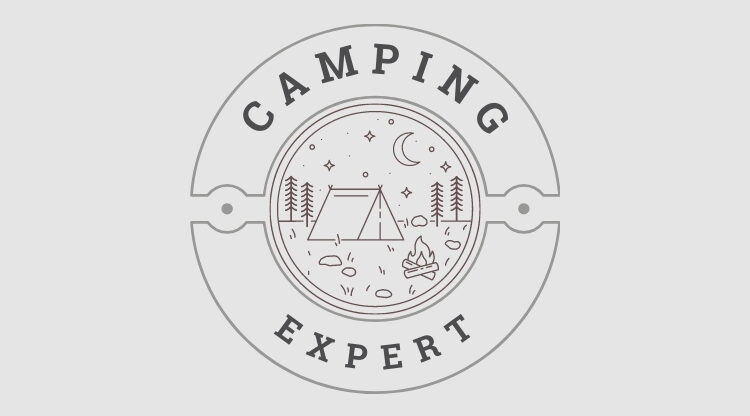The majority of hikers would usually carry a pack that’s around 30 pounds in weight or perhaps even more. However, a special ‘breed’ of hikers carries far less – often less than 12 pounds. They have become known as lightweight backpackers and even ultralight backpackers and, whilst you may not be looking to resort to some of the more extreme measures in cutting down the amount of gear you carry, the philosophies of these kinds of hikers can be useful to dip into.
Take Only What You Need
A lightweight backpacker takes little or no duplicate or back up equipment. As an example, your clothing, sleep system and shelter, when combined, should keep you warm and safe enough to cope with the lowest anticipated temperatures and worst anticipated weather. Many of us tend to buy a 3 season tent and sleeping bag these days in order to get value for money. We know that these will generally cover all our needs in the 3 most popular seasons for camping, i.e. spring, summer and autumn. However, if you’re going camping in the height of the summer months, wouldn’t a lightweight tarp do the job just as well as a tent and cut down on weight? Do you need the camping stove? How about building your own fire when you get to camp.
Then there are things like toiletries. For example, do you really need an 8 ounce tube of toothpaste and sunscreen for a weekend of wilderness travel? Add on insect repellent, soap, toilet paper, fuel and even food. All these items can add up to lot of extra weight without careful planning and thought. Just bring along enough for each day and carry it in a plastic sandwich bag or similar.
Of course, you have to eat but if you deliberately plan your meals for every day of your trip, this can dramatically reduce the weight you have to carry sometimes by up to 5 pounds or more. If you are going to be doing some vigorous walking on your trip and need to stock up on calories, take foods with you that have a higher fat content. Fat contains 9 calories per gram as opposed to only 4 calories for the same weight in protein and carbohydrate based foods. Therefore, high calorie food is more compact and you’ll be able to pack sufficient food supplies using less space and weight. A few days without the proper proportions of vitamins and minerals in your diet shouldn’t harm you. Not that you should ignore them altogether but just remember that on a camping or hiking trip, calories is king and fat fulfils that need the best.
Multiple use items
This is where you can use your creativity and, instead of taking several items that will add to the weight burden, start looking at your gear, use your imagination and see how you might be able to turn some items into multi-functional pieces of kit. For example, you’ve packed short sleeve T-shirts for the day and long sleeved ones at night to keep you warm and protect you from mosquitoes. Well, how about dumping the short sleeved ones – you can always roll your sleeves up!
Many pairs of shorts these days come with a mesh liner so do you really need to take that underwear too? And, how about the hiking shorts and hiking trousers – why not buy a pair of convertibles with zip off legs?
You’re going to be brewing tea and coffee in a pot or pan so why take the mug? You can all share your brew from the pot. And, is eating etiquette that important on your trip? You don’t really need a knife, fork and spoon. Just taking a spoon should be sufficient.
Of course, many campers and hikers choose to go camping during the winter months, at altitude and for long stretches at a time. Travelling light can make things easier but it’s crucial you should consider every trip for the individual challenges they’ll present and it’s not always going to be possible to travel so lightly. Your safety and well-being always have to be put first when considering where you might be able to compromise on the weight you carry.
However, if your trip’s not too arduous, there are many specialist shops and websites all dedicated to providing the lightest materials for their tents and sleeping bags and camping supplies. It may not be that you want to go to those kinds of extremes. However, with a little thought and planning, some creative thinking and an approach which means you don’t think about having to take almost everything except the kitchen sink, you can reduce the weight you have to carry on your back quite significantly which will only add to your enjoyment if you’re not going to be bogged down by excess weight.
